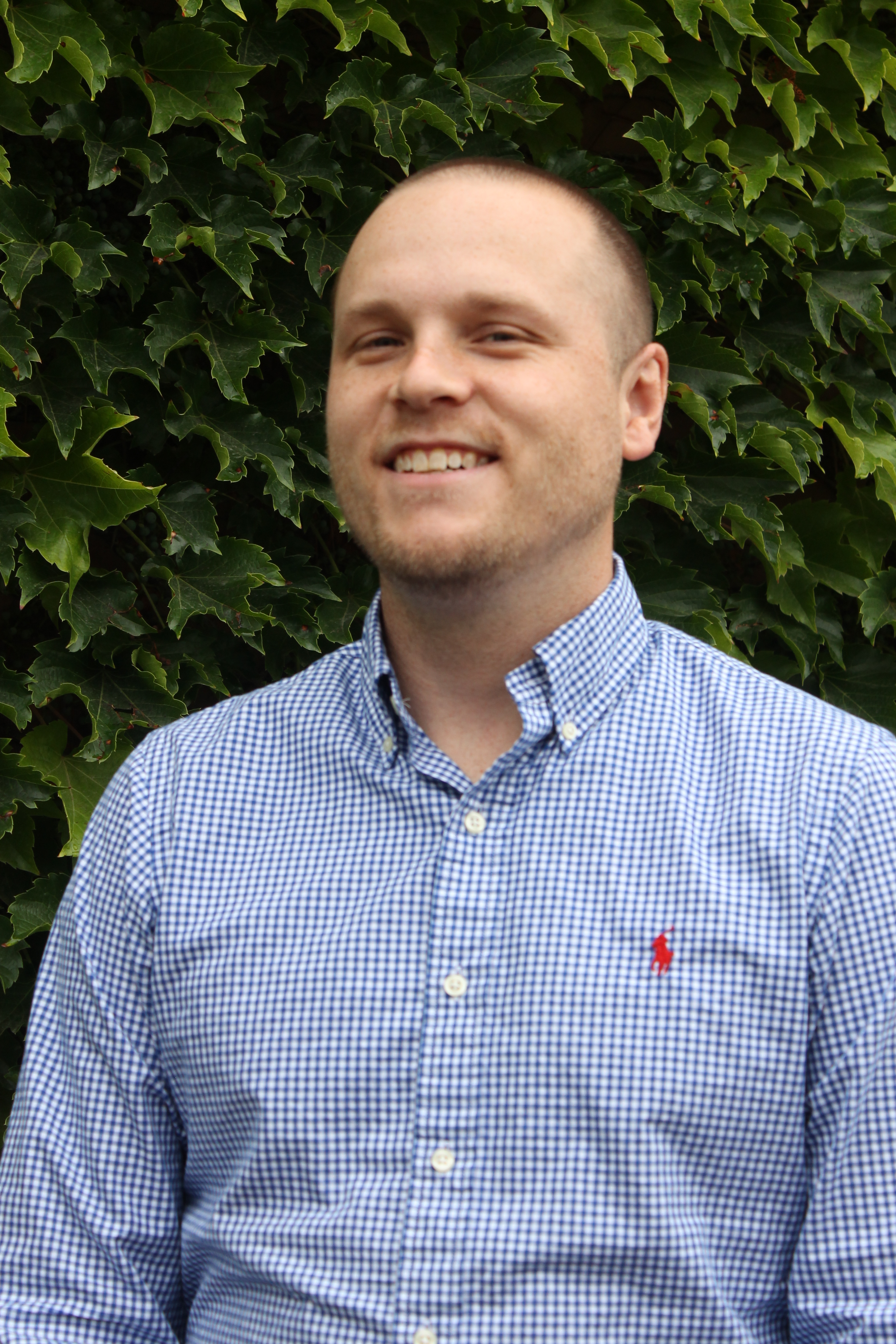Substance abuse expert with social work, psychiatry training joins Wayne State School of Social Work

Jamey Lister
The Wayne State School of Social Work has welcomed to its faculty a substance abuse expert whose research integrates the psychosocial perspectives of social work with the biomedical perspectives of psychiatry.
Jamey Lister joined the university's School of Social Work faculty this fall as an assistant professor and instructor of the M.S.W. course on the Diagnostic and Statistical Manual of Mental Disorders (DSM-5). He recently completed a postdoctoral research fellowship at the Wayne State School of Medicine Department of Psychiatry and Behavioral Neurosciences in the Substance Abuse Research Division. He conducted his doctoral studies at Rutgers University School of Social Work in the Center for Gambling Studies, collecting his dissertation data at Carleton University through a Fulbright Canada Educational Exchange Award from the Fulbright U.S. Student Program.
A member of the School of Social Work's Substance Use, Violence and Mental Health Research Collaborative - a research affinity group of faculty studying the intersection of addiction, violence and behavioral health - Lister is designing a study in partnership with the Wayne State University School of Medicine's Tolan Park Research Clinic to identify psychosocial and psychiatric predictors of treatment outcomes among patients in an urban methadone maintenance clinic. With colleagues from Wayne State's Suicide Research Group, specifically Associate Social Work Professor Michael Kral and Associate Professor of Psychiatry & Behavioral Neurosciences David Ledgerwood, Lister is conducting research on vulnerability to mental health and addiction problems among helping professionals, and examining psychosocial factors that influence whether they seek treatment for these psychiatric problems. Lister is also conducting research and providing clinical workshops related to characteristics and correlates of problem and disordered gambling across a number of studies and research teams in the United States and Canada.
Lister says his established research partnerships and the prospect of helping "bridge the gap" between the Schools of Medicine and Social Work led him to join the faculty at Wayne State.
"Much of the evidence-based substance abuse treatment from the field of psychiatry could be enhanced by paying more attention to psychosocial factors, so I'm eager to integrate the perspectives we use in social work to better develop treatments that address the full spectrum of factors that influence addiction recovery," Lister said. "If we can better screen folks when they come in for treatment to identify the factors that restrict and aid recovery, then we can better develop our treatments and increase the likelihood that our patients have more successful outcomes."
A native Michigander who grew up in a small rural community between Ann Arbor and Lansing, Lister is also looking forward to teaching and practicing in Detroit.
"As a social worker and clinical researcher, I wanted to go where the community was most in need," Lister said. "Many evidence-based substance abuse treatments have been studied primarily among Caucasians, often of middle and upper levels of socioeconomic status, and it is hard to know how well these treatments may work with disadvantaged populations who have been exposed to poverty and violence, typically in communities with limited mental health and addiction recovery resources. These differences are underexplored in clinical research, so there's a need to enhance our treatments and make them more culturally sensitive and specific to underserved populations."